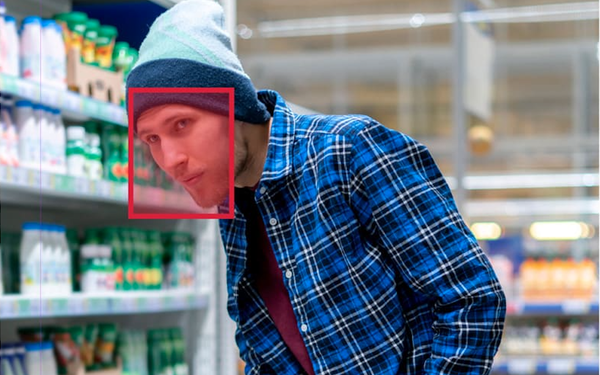
Source: Corsight AI’s
Facial Intelligence
Just months after the Federal Trade Commission banned Rite Aid from using facial recognition in stores, a class-action lawsuit is coming for Target.
Arnetta Dean is the lead plaintiff in the class action suit filed several weeks ago in Illinois’ Cook County. It alleges that Target broke the Illinois Biometric Information Privacy Act,
passed in 2008 and designed to protect people from their physical characteristics being collected without their knowledge.
Target did not respond to Marketing Daily’s request
for comment.
Illinois’s Biometric Information Privacy Act was passed unanimously after an initiative led by the ACLU of Illinois. The law prohibits private companies from collecting
unique biological information, including retina scans, fingerprints, voiceprints, hand scans, facial geometry or DNA, unless they’ve informed people in writing. They must also tell consumers why
they are collecting the data and how long it will be stored.
advertisement
advertisement
Retailers have often argued that such technology is necessary to help them guard against theft, which Target has called out as a
growing problem in its financial results. So have such retailers as Lowe’s, Dick’s and Walgreens. While retailers don’t disclose the use of such technology, it is widespread. And
retail trade shows are increasingly crowded with vendors promising ever-evolving options to the technology.
The FTC ruling against Rite Aid banned the now-bankrupt retailer from using facial
recognition technology for five years. The agency said the company’s use of the often-flawed tech led to “falsely tagged consumers, particularly women and people of color.”
“Rite Aid's reckless use of facial surveillance systems left its customers facing humiliation and other harms, and its order violations put consumers’ sensitive information at
risk," said Samuel Levine, director of the FTC’s Bureau of Consumer Protection, in the ruling. “Today’s groundbreaking order makes clear that the Commission will be
vigilant in protecting the public from unfair biometric surveillance and unfair data security practices.”
Following that judgment, the New York State Bar Association urged the
state’s legislature to regulate facial recognition technology.